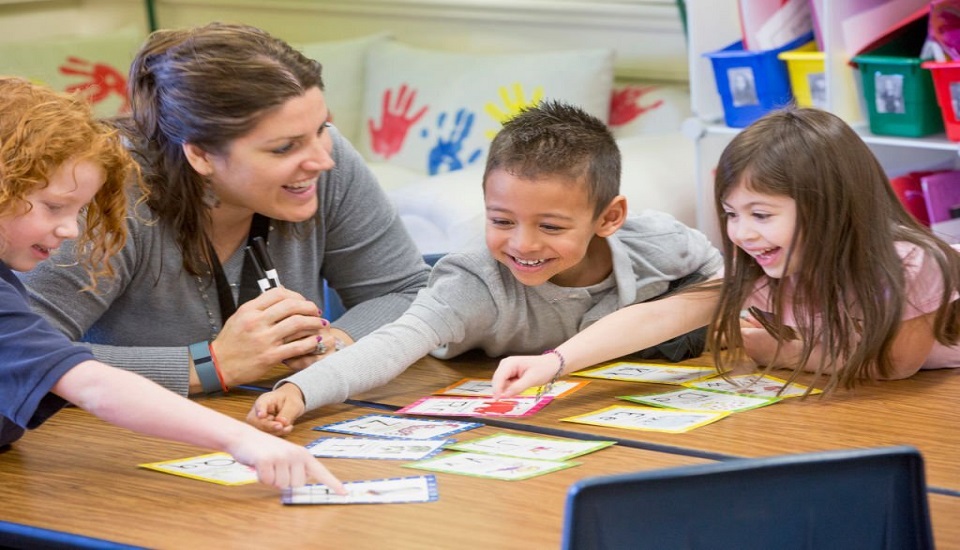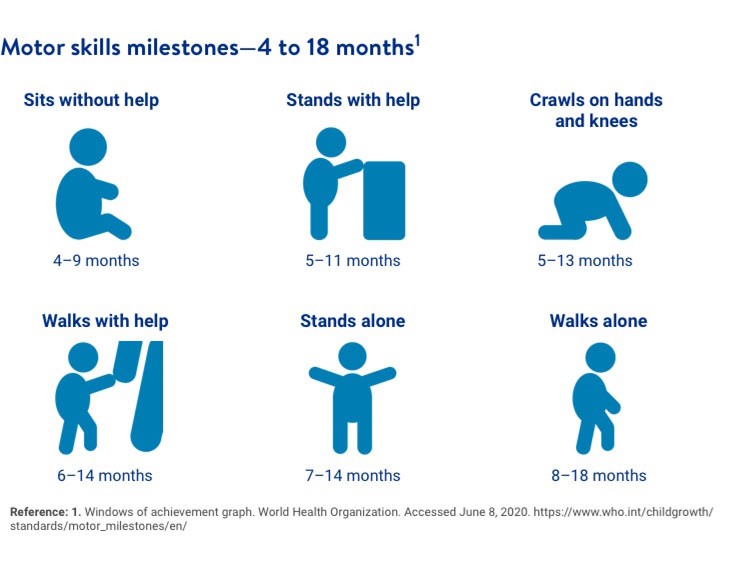
Understanding The Importance Of Fine Motor Skills For School Readiness
It can be tough for a child to go to school for the first time, isn’t it? Developing fine motor skills in children is extremely important. The reason behind this is fine motor skills are a central part of our lives. These skills help young kids from getting dressed and undressed, to feeding, using scissors and moving and handling ordinary objects and so on.
The term ‘fine motor’ generally refers to the small muscles of the body, like the fingers, hands, tongue, toes and eyes. And… to thrive at school, children need to be able to listen to their teachers. However, it is also essential to develop social skills along with fine motor skills.
How Does Fine Motor Affect Learning?
Fine motor skill is the aptitude to control various fine muscles. Some examples of fine motor skills are – writing, learning to hold something between the thumb and forefinger, holding the spoon to eat something and so on.
When kids start school, they are expected to be at a firm level. But, while children aren’t generally projected to read or write, they should have established fine motor skills and the skill to fit in with other children socially.
Why Are Fine Motor Skills So Important in a Child’s Growth?
Here is a brief summary of the necessity of fine motor skills in the early years.
- Physical Growth
Needless to say, children need to grow holistically, which embraces physical, intellectual (cognitive), social and emotional growth. The growth is essential as academic success also relies on a kid having good control of their muscles.
For example, they need a strong core with good posture to sit at a desk, eye muscles that can trail while reading, a good pencil grip with finger control to form letters when writing, and many more.
- Self-Care
Most of the self-care tasks hugely rely on using the small muscles of our body – especially the hands. Like – eating, dressing, tying shoelaces, brushing, washing hands, going to the toilet, brushing hair, and so on. So, you see developing fine motor skills is like the golden ticket to freedom and being able to take care of yourself.
- Day–to-day Tasks
Well, apart from the self-care activities, there are many other things that we need to do in a day and it requires some types of fine motor synchronization. For example, turning the pages of a book, playing with toys, opening a window and so on. All of these need fine motor skills.
- Independence
The more kids feel that they have power over their settings, the more they grow in confidence. It is a core skill in life. Fine motor is vital for this. It supports them to do numerous important jobs for themselves, like trying to get dressed, etc. When kids have to rely on adults not as much, the more self-assured they get.

- Hand-Eye Synchronization
This keeps developing to adulthood. When kids learn to interrelate with fine motor games and activities, they are constantly cultivating the connection between what their eyes see, and what they are trying to hold and touch. This hand-eye synchronization is decisive for carrying out all physical doings in life.
- Academic Feat
Children try to keep up with several lessons in a day – various of which will be spent writing. They also must be able to write without tiring and complete the tasks on time. But kids who have problems with fine motor skills, often struggle to complete tasks and then fall behind. Sometimes they avoid tasks and this can even be seen at a preschool level.
Fine motor skills also boost the creativity and use different types of technology among children. They develop skills like weaving, sewing or threading, painting, making playdough models and many more.
The Bottom Line
Fine motor is tangled in so many areas that you probably would never think about! As a preschool teacher, the more you can stimulate these in children, the better they will be able to access the world around them. B.Ed. in Early Childhood Education program is worth considering. These are just a few major examples of the importance of fine motor skills for preschoolers as well as kindergarteners.
If you have enjoyed this article, share it with others too!

